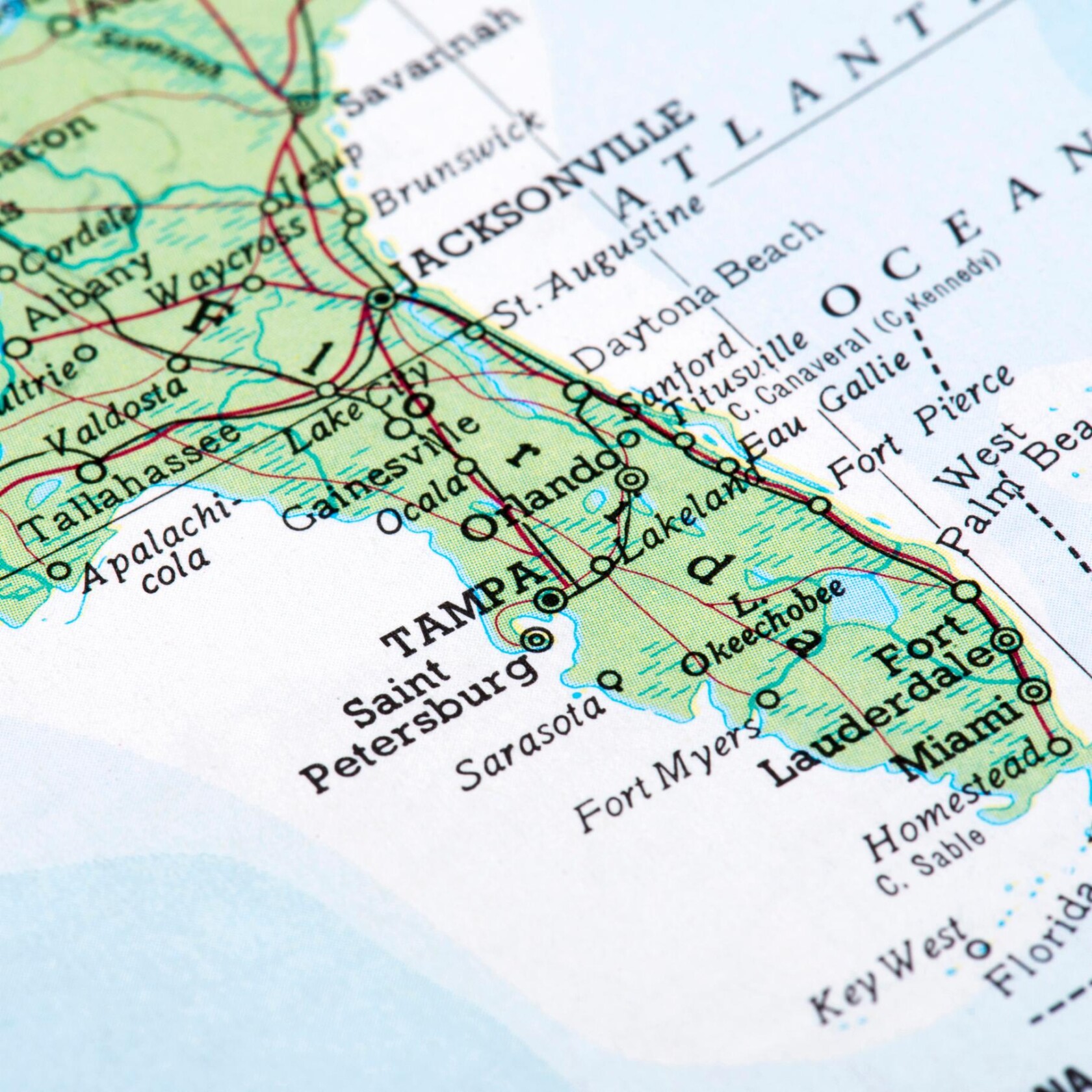
The U.S. Department of Agriculture just announced new grant funding awarded to seven telemedicine and 11 distance learning projects across 16 states to use technology to expand access to health care, substance misuse treatment, and advanced health education opportunities. The USDA’s Distance Learning and Telemedicine (DLT) program awarded more than $4.7 million this year, adding to the $240 million it has awarded to 729 DLT projects since 2009. This year’s recipients include universities, hospitals, clinics, and schools across the country. But zero dollars were awarded to Florida, and this was not the first time Floridians missed out on telemedicine grants.
Agriculture Secretary Tom Vilsack, who oversaw the USDA’s grants, stated, “These investments will help provide better health care and educational opportunities for rural residents. Hospitals, schools, and training centers across the country are successfully using telecommunications to deliver quality educational and medical services. Telemedicine, for example, can help treat patients who are struggling with opioid and other substance use disorders that disproportionately affect rural areas by allowing rural hospitals to connect with resources in other health care facilities across the country to better diagnose and treat individuals.”
It is unclear how many Florida entities applied for a 2016 DLT grant, but the result is that Florida’s health care sector again missed another opportunity for promoting and developing telemedicine programs in the Sunshine State.
Florida is making some recent efforts to build consensus among policymakers on telehealth, the most important of these efforts is the issue of commercial insurance coverage for telehealth services. The Florida Telehealth Advisory Council will have its first meeting on October 18, 2016. The Council, composed of 15 representatives of various sectors within the health care industry, was created as a result of legislation passed in the 2016 Session. The Council is charged with conducting a survey of Florida health care providers and producing a report and recommendations to the Legislature and Governor by October 31, 2017.
Although the majority of states in the United States have a telehealth commercial insurance coverage statute, Florida continues to lack a law ensuring that commercial health plans will not deny covered medical services when provided via telemedicine technology. Some Florida hospitals and providers have taken the initiative and successfully embedded telemedicine into their patient care delivery models. Results have shown significant increases in quality of care, patient satisfaction, and institutional cost-savings. But without a deliberate step forward to incentivize the Florida market statewide, these telemedicine benefits will remain isolated to patients of a select few hospitals and providers.
